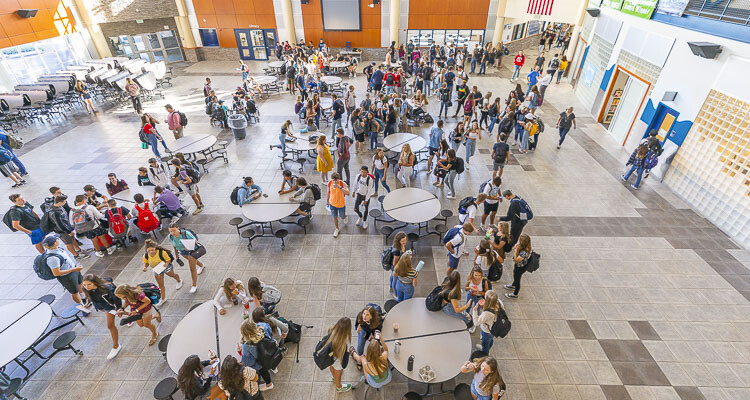
The capital gains tax, passed in 2021, added a 7 percent charge on profits of more than $250,000 from selling or exchanging assets like stocks, bonds, business interests, and more
Logan Washburn
The Center Square Washington
The state of Washington collected nearly $600 million more in capital gains tax than expected for its schools.
When legislators passed the state budget for 2023 to 2025, they planned to collect $248 million from the new capital gains tax, according to The Seattle Times. But by May 9, the state had collected $601 million more than expected, totaling $849 million.
“I don’t know why the state underestimated the revenue from this tax by so much,” said Liv Finne, director of the Center for Education at the Washington Policy Center. “Experience shows lawmakers often minimize the burden of any proposed tax.”
The capital gains tax, passed in 2021, added a 7% charge on profits of more than $250,000 from selling or exchanging assets like stocks, bonds, business interests, and more. The state Supreme Court ruled the tax constitutional in March.
The first $500 million collected from the tax will go to the state’s Education Legacy Trust Account, according to The Seattle Times. Funds beyond that will go to one-time school construction projects.
“We have very ambitious plans for our capital budget,” said Katy Payne, director of communications for the state Office of Superintendent of Public Instruction. “Additional capital gains revenue will make a big difference for our schools, particularly for districts in rural communities who face the biggest challenges in raising funds for school construction.”
In the 2017-18 school year, state data shows Washington public schools contained more than 192,000 staff and spent more than $13,000 per student for a year’s enrollment. In the 2022-23 school year, however, the state’s public schools contained more than 203,000 total staff, and spent more than $19,000 per student for a year’s enrollment.
More than 60 of the state’s superintendents made more than $250,000 in the 2021-22 school year, the highest-paid of which made more than $559,000.
“There are no accountability measures in state law which define whether schools are ‘fully funded,’” said Finne, who published some of these numbers with the WPC.
Since Washington had increased its education funding by June 2018, the state Supreme Court ruled in McCleary, et. al. v. The State of Washington that the state complied with an order to provide a “statutory program of basic education.”
This report was first published by The Center Square Washington.
Also read:
- WA governor pressed to veto $1.8B piece of Democrats’ tax billGrocers and restaurateurs are urging Gov. Ferguson to veto a surcharge in HB 2081 that they say will raise food prices statewide.
- CCSO makes arrest in attempted kidnapping investigationA 31-year-old Vancouver man has been arrested in connection with an attempted kidnapping involving a teenage girl near NE 149th Street.
- Changing roles: Brian Witherspoon accepts position as head coach of Camas girls basketballBrian Witherspoon has been hired to lead the Camas girls basketball program after serving as interim boys coach last season.
- Vehicle crashes into Vancouver Fire Station 6 during emergency responseA vehicle crashed into Vancouver Fire Station 6 late Tuesday night while crews were out on an emergency call.
- Letter: ‘It’s said sarcasm is the lowest form of wit’Amboy resident Thomas Schenk criticizes Olympia’s use of “emergency clauses” and other legislative tactics that limit public participation.
- Letter: ‘We’re going to give them some money and a plane ticket, and then we’re going to work with them’Camas resident Anna Miller supports a new structured self-deportation policy, calling it a balanced approach to immigration and economic needs.
- Pro-Palestinian protesters occupy UW building, 30 arrestedAbout 30 protesters were arrested at the University of Washington after occupying a building and demanding the school cut ties with Boeing.












The little politicians are probably all excited that they took from people even more money than they expected.